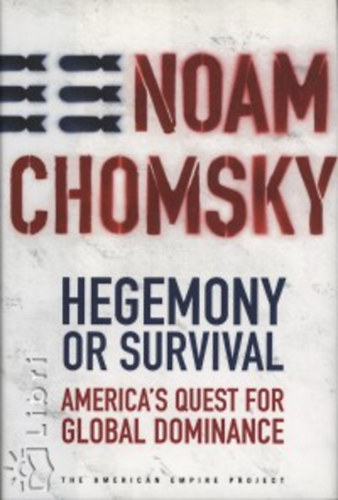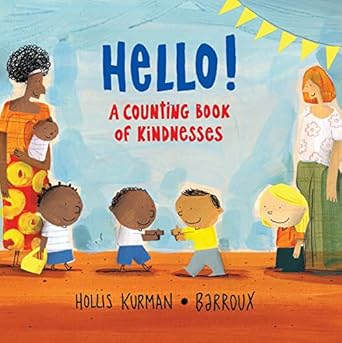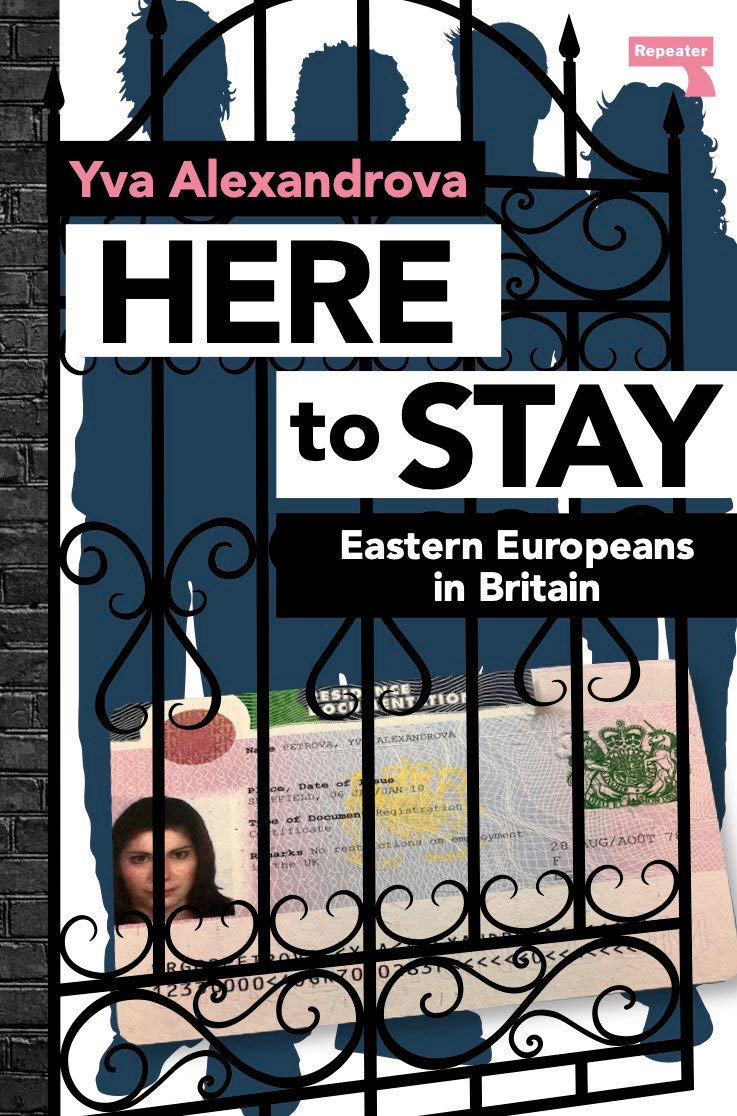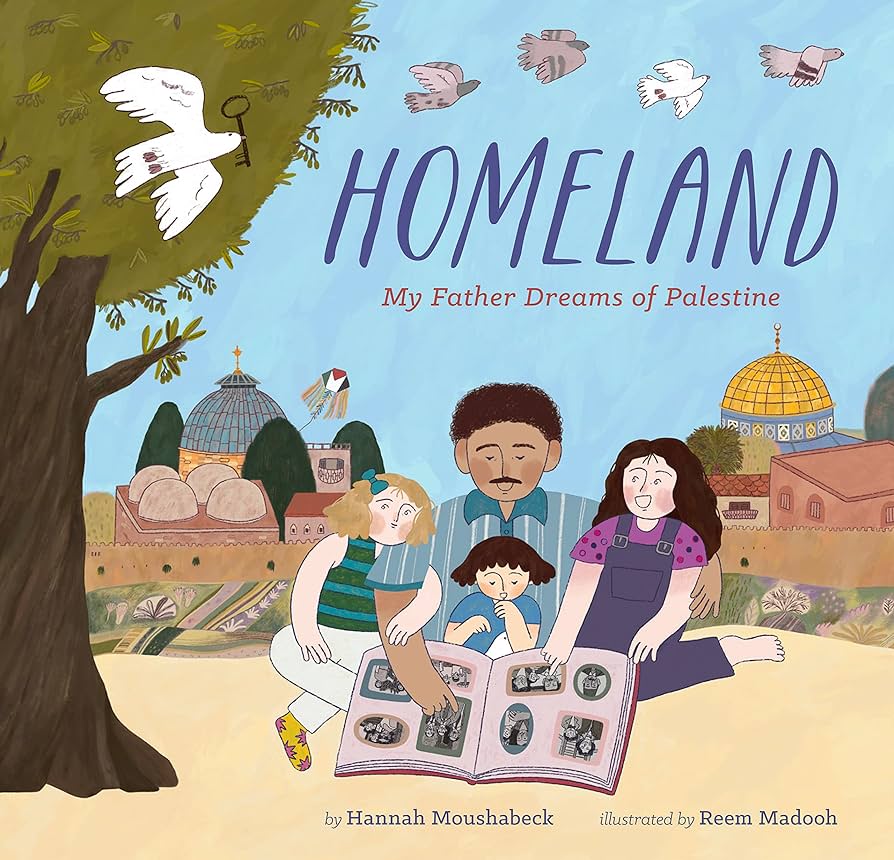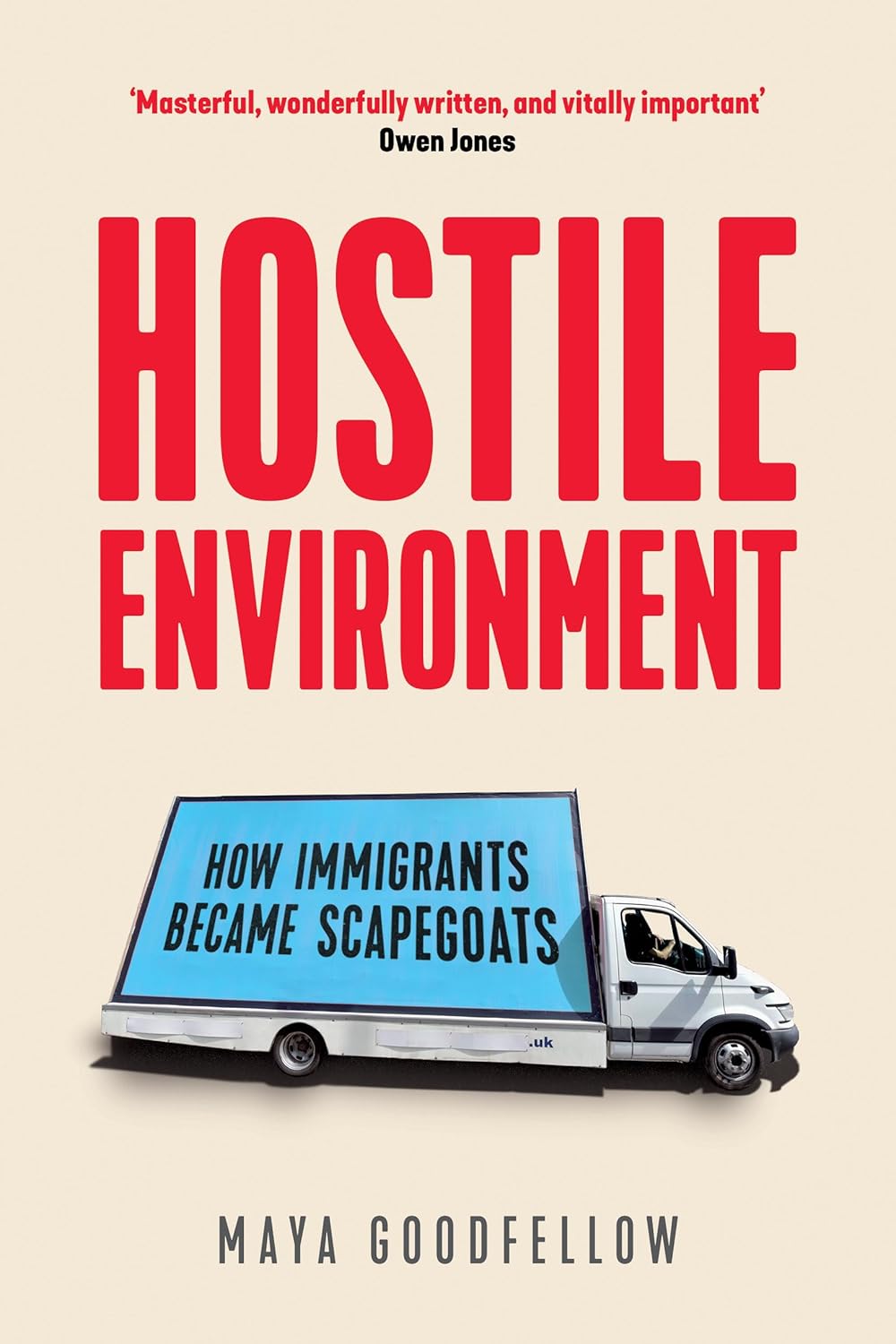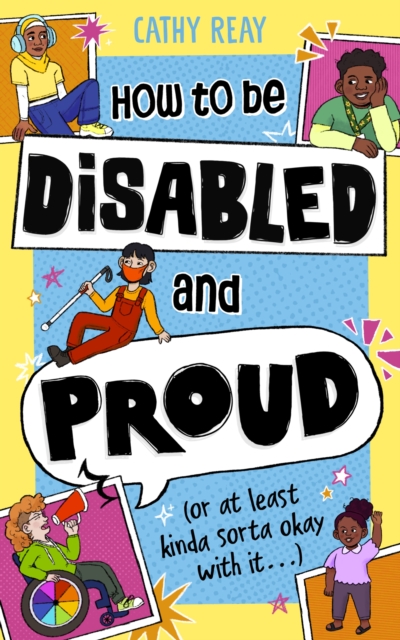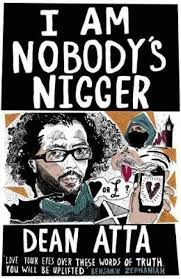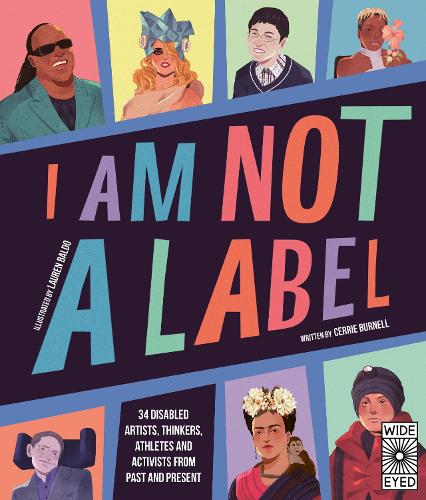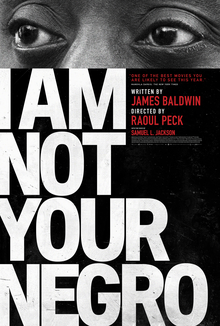Noam Chomsky, the world's foremost intellectual activist, presents an irrefutable analysis of America's pursuit of total domination and the catastrophic consequences that are sure to follow.
From the funding of repressive regimes to the current 'war on terror', from the toppling of governments opposing its beliefs to the invasion of Iraq, America pursues its global strategy no matter what the cost. With the rigour and insight that have made him our most important unraveller of accredited lies, Noam Chomsky reveals the truth and the true motives behind America's quest for dominance - and seeks also to show how the world may yet step back from the brink.
Come with a family as they travel out of danger to a safe place and meet all kinds of people who show them kindness along the way. This unique and beautiful counting book is full of empathy and hope for all children, everywhere.
A Palestinian family celebrates the stories of their homeland in this moving autobiographical picture book debut by Hannah Moushabeck. With heartfelt illustrations by Reem Madooh, this story is a love letter to home, to family, and to the persisting hope of people that transcends borders.
All too often the focus of mainstream feminism is not on basic survival for the many, but on increasing privilege for the few.
Meeting basic needs is a feminist issue. Food insecurity, the living wage and access to education are feminist issues. The fight against racism, ableism and transmisogyny are all feminist issues.
White feminists often fail to see how race, class, sexual orientation and disability intersect with gender. How can feminists stand in solidarity as a movement when there is a distinct likelihood that some women are oppressing others?
Insightful, incendiary and ultimately hopeful, Hood Feminism is both an irrefutable indictment of a movement in flux and also clear-eyed assessment of how to save it.
The UK government proudly calls the aim of its immigration policy to be the creation of a "hostile environment," while refugees drown in the Mediterranean and Britain votes to leave the EU against claims that "swarms"of migrants are entering Britain. Meanwhile, study after study confirms that immigration is not damaging the UK's economy, nor putting a strain on public services, but immigration is blamed for all of Britain's ills. Yet concerns about immigration are deemed "legitimate" across the political spectrum, with few exceptions. How did we get here?
Maya Goodfellow offers a compelling answer. Through interviews with leading policy-makers, asylum seekers, and immigration lawyers, Goodfellow illuminates the dark underbelly of contemporary immigration policies. A nuanced analysis of the UK's immigration policy from the 1960s onwards, Hostile Environment links immigration policy and the rhetoric of both Labour and Tory governments to the UK's colonial past and its imperialist present. Goodfellow shows that distinct forms of racism and dehumanisation directly resulted from immigration policy, and reminds us of the human cost of concessions to anti-immigration politics.
PRE-ORDERED
A warm, funny and empowering guide to what you can expect growing up disabled, written by disabled journalist and mum Cathy Reay. Have you ever felt like you don’t fit in anywhere?Or like no-one understands what it feels like to be you?Maybe you feel like you’re the only person in the world who looks, moves or thinks like you do.
Well, I’m here to tell you that you are not alone, and you belong in the world exactly as you are. In this honest, funny, empowering guide, Cathy Reay draws on her own experiences of growing up disabled to encourage young readers to embrace (or at least, feel kinda sorta OK with) their disabled identity. This book will guide disabled readers through navigating the move from primary to secondary school, voicing their accessibility needs, finding disabled community and gaining the confidence to stand up for their rights, and for others too.
Cathy examines the challenges faced by disabled children, touching gently on issues such as bullying and discrimination, and what to do when people just don’t get it, with comforting and practical advice to help readers through tough times. How To Be Disabled and Proud empowers disabled readers to value and appreciate themselves for who they are, exactly as they are, and acts as a powerful call to action for both disabled and non-disabled children to advocate for a more accessible, more understanding world. Featuring interviews from a wide range of disabled changemakers and friends, including Ellie Simmonds, Jameisha Prescod, Nina Tame, Dr Shani Dhanda, Ellie Middleton, Elle McNicoll, Simon Wheatcroft and even a couple of disabled kids. This is the essential guide to growing up disabled, perfect for children aged 9+ to read together with their families.
Revolutionary, reflective and romantic, I Am Nobody's Nigger is the powerful debut collection by one of the UK's finest emerging poets. Exploring race, identity and sexuality, Dean Atta shares his perspective on family, friendship, relationships and London life, from riots to one-night stands.
In this stylishly illustrated biography anthology, meet 34 artists, thinkers, athletes and activists with disabilities, from past and present. From Frida Kahlo to Stephen Hawking, find out how these iconic figures have overcome obstacles, owned their differences and paved the way for others by making their bodies and minds work for them.
These short biographies tell the stories of people who have faced unique challenges which have not stopped them from becoming trailblazers, innovators, advocates and makers. Each person is a leading figure in their field, be it sport, science, maths, art, breakdance or the world of pop.
Challenge your preconceptions of disability and mental health with the eye-opening stories of these remarkable people:
Ludwig van Beethoven, Gustav Kirchoff, Henri Matisse, Eliza Suggs, Helen Keller,
Frida Kahlo, John Nash, Stephen Hawking, Temple Grandin, Stevie Wonder, Nabil Shaban, Terry Fox,
Peter Dinklage, Wanda Diaz Merced, Emmanuel Ofosu Yeboah, Dr Victor Pineda, Farida Bedwei, Stella Young, Lady Gaga, Arunima Sinha, Naoki Higashida, Isabella Spingmuhl Tejada, Aaron Philip, Catalina Devandas Aguilar, Redouan Ait Chitt, Jonas Jacobsson, Trischa Zorn, Ade Adepitan, and Dynamo.
In 1979, James Baldwin wrote a letter to his literary agent describing his next project, "Remember This House." The book was to be a revolutionary, personal account of the lives and assassinations of three of his close friends: Medgar Evers, Malcolm X and Martin Luther King, Jr. At the time of Baldwin's death in 1987, he left behind only 30 completed pages of this manuscript. Filmmaker Raoul Peck envisions the book James Baldwin never finished.

